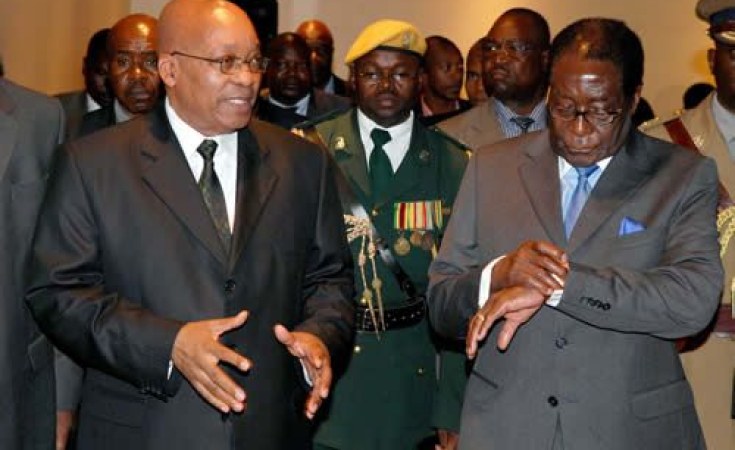Cape Town — Zimbabwe's Prime Minister Morgan Tsvangirai exuded confidence to Africa's business leaders this week, upbeat after securing his position at a party congress last weekend and clearly believing he has southern Africa's leaders on his side on the calling of elections.
Tsvangirai also made it clear that his Movement for Democratic Change (MDC-T) supports in principle the policy of giving Zimbabweans a bigger stake in businesses and mines, saying the party differs with President Robert Mugabe's Zanu-PF only over how it is implemented.
Speaking to journalists at the World Economic Forum on Africa in Cape Town, Tsvangirai said elections will "probably" be held within 12 months, provided that a new constitution is agreed upon and supported in a referendum, and that there is consensus on an election date.
But, he said, there will be no elections this year - which was what Zanu-PF was pushing for until a recent meeting of the security arm of the Southern African Development Community (SADC) in Lusaka.
Referring to the Lusaka meeting, Tsvangirai said his party had argued to SADC leaders that Zanu-PF had been trying to subvert the unity government in which both parties serve, "by collapsing it so they can have an election under their own conditions."
SADC and its facilitator, President Jacob Zuma of South Africa, had insisted that there had to be "a clear road map" to elections. "So I am sure that [an election this year] is dead in the water," Tsvangirai said.
On the policy of "indiginising" business, Tsvangirai said that "across the political divide we both agree on the principle of citizenship empowerment - empowering the majority so that they can be active members of the economy. There's nothing wrong with that, he said.
"What is wrong," he added, "is the implementation, and we are trying to mould an implementation matrix that will satisfy both the investor and our desire to see more people participate... There is no policy framework for nationalisation and for expropriation, which is the biggest fear a lot of people were raising."
In operating mines, the government could rightfully claim that the nation had a stake in the process.
"We are contributing that mineral resource, and the one who wants to come and exploit, we exploit it for a win-win situation. You bring money, we... bring the resource, and we exploit that resource to the benefit of both of us."


